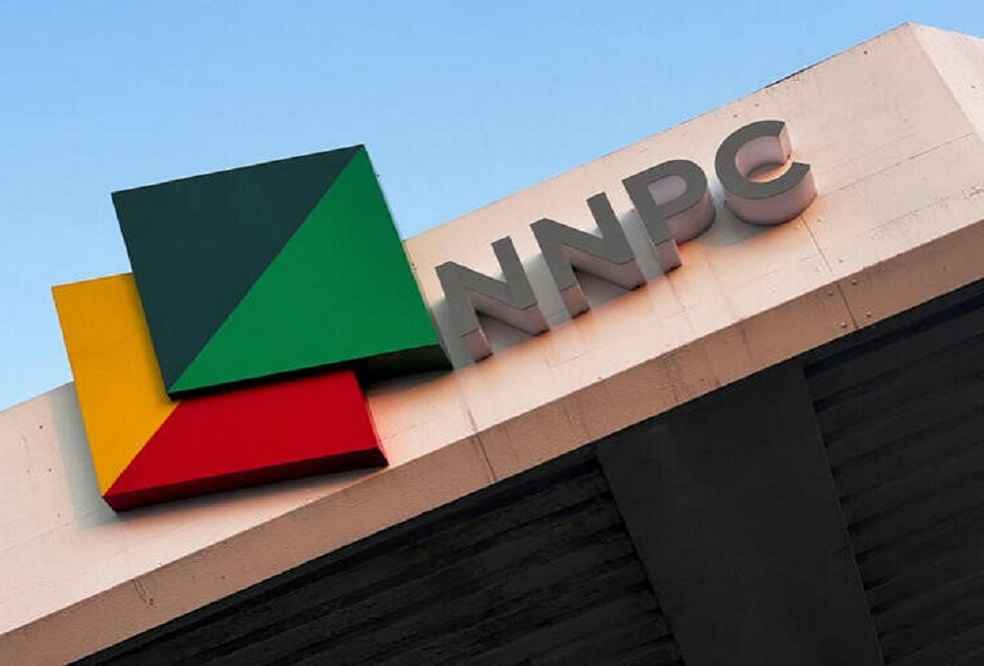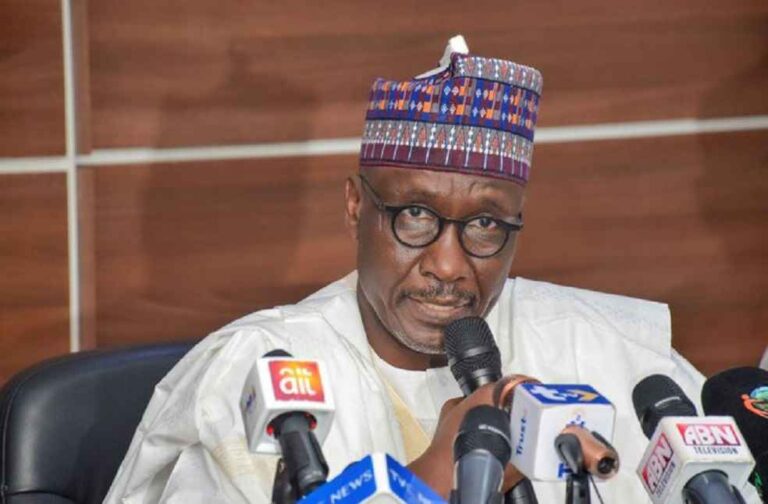Nigeria, a powerhouse within the African oil sector, has witnessed a sharp ascent in its oil production. Mele Kyari, Group Managing Director (GMD) of the Nigerian National Petroleum Company Limited (NNPCL), revealed the nation’s production has touched 1.6 million barrels per day (bpd), surpassing the previous tally of less than one million bpd just a few months prior. This revelation emerged during a media briefing orchestrated by Olawale Edu, Nigeria’s Minister of Finance and Co-ordinating Minister of the Economy.
Kyari’s declaration was accompanied by news of a notable 30 percent slump in petrol consumption, attributed directly to President Bola Tinubu’s decisive action on subsidy removal. This consumption dip has subsequently led to a 30 percent cut in NNPCL’s foreign exchange requisites for fuel imports.

During this informative session, Minister Edu unfurled the Tinubu administration’s strategic blueprint to energize the Nigerian economy. The initiative seeks to tap into Nigerian funds tucked away in domiciliary accounts, both on home soil and abroad. “We need to provide the environment that brings those funds home for investment in the Nigerian economy.” Edun articulated, underscoring the vast reservoir of foreign exchange possessed by Nigerians worldwide.
Addressing speculations, Kyari elucidated on the $3 billion arrangement with the African Export-Import Bank (AFREXIM). He emphasized it wasn’t a conventional loan but a forward sale contract, assuring partners of its robustness and intact status.

Edun also delved into the federal government’s strategy post post-petrol subsidy removal. He highlighted the phased dispensation of the N5 billion grant/loan designated to each state. Only N2 billion out of the promised N5 billion has been disbursed so far, he detailed. This structured release is meticulously planned to stave off inflationary triggers and ensure a stable economic canvas.
Recognizing the hurdles faced by the populace due to recent fiscal realignments, Minister Edun radiated confidence about Nigeria’s economic path. He conveyed a clear message: These transient challenges pave the way for a flourishing and resilient Nigerian future.
DON’T MISS IT | Bangladesh Refinery Lag: Global Energy Turmoil and Missed Russian Oil Prospects



